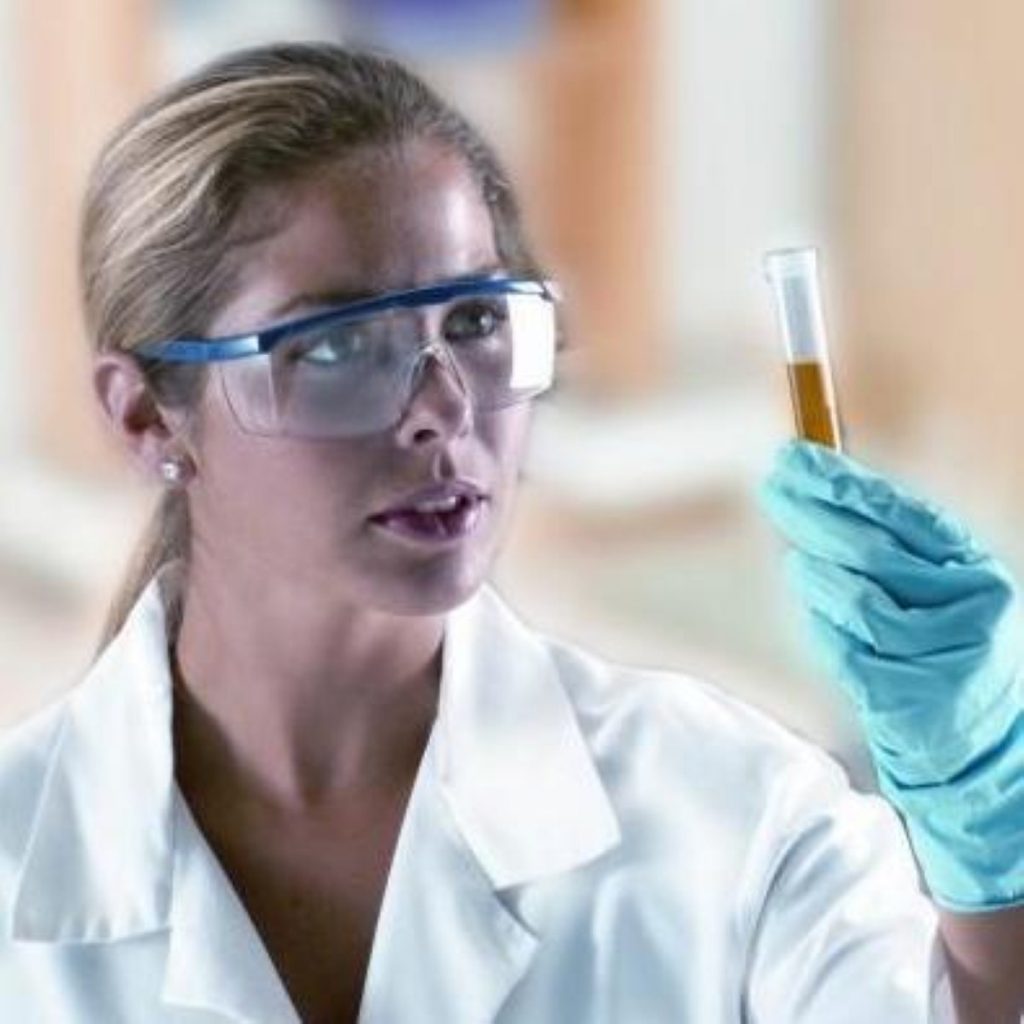Science education facing ‘profound’ problems
Ministers must take urgent action on the “profound” problems facing science education, the Royal Society says today.
The warning comes as a new study finds that the decline in the number of students taking science at A-level is in part due to the lack of teachers with a degree in the subject.
Research by a team at the University of Buckingham reveals that physics teachers now represent just 12.8 per cent of all science teachers, down from a third in 1990.
And A-level entries for physics are now 35.2 per cent lower on 1991 levels, despite overall numbers of entries in 2005 being 12.1 per cent higher.


“The government, and particularly the Department for Education and Skills (DfES), needs to wake up to the problems facing science education,” said Royal Society president Lord May.
Explaining that the problem existed across science, excluding biology, he added: “If we fail to address this then we risk losing the ability to train the next generation of scientists, technologists and engineers.”
Lord May warned that despite a “plethora” of evidence, government targets and initiatives aimed at addressing the problem, the government “doesn’t seem to be listening to what the science community is saying about these problems”.
He cites the fact that from next year, Ofsted will reduce its level of subject inspections, and that no new funding has been allocated to help teachers prepare for the new science GCSEs being introduced in September, as examples of this.
According to the Teaching and Development Agency for Schools, science entrants for teacher training schools in England are 4.5 per cent above last year’s total, but are still 6.6 per cent lower than the target set by the government.
“If we are serious about there being an adequate supply of UK trained scientists, technologists and engineers in the future, it is clear that something needs to change,” Lord May said.
Responding, a DfES spokesman said the government was doing a “huge amount” to reverse the long-term trend of declining science take-up, and insisted it was having an effect.
He admitted there was “more to do”, however, saying the government’s ten-year science and innovation strategy included a “large package” of new measures to attract science teachers, including ‘golden hellos’ and a drive to recruit more specialist staff.

